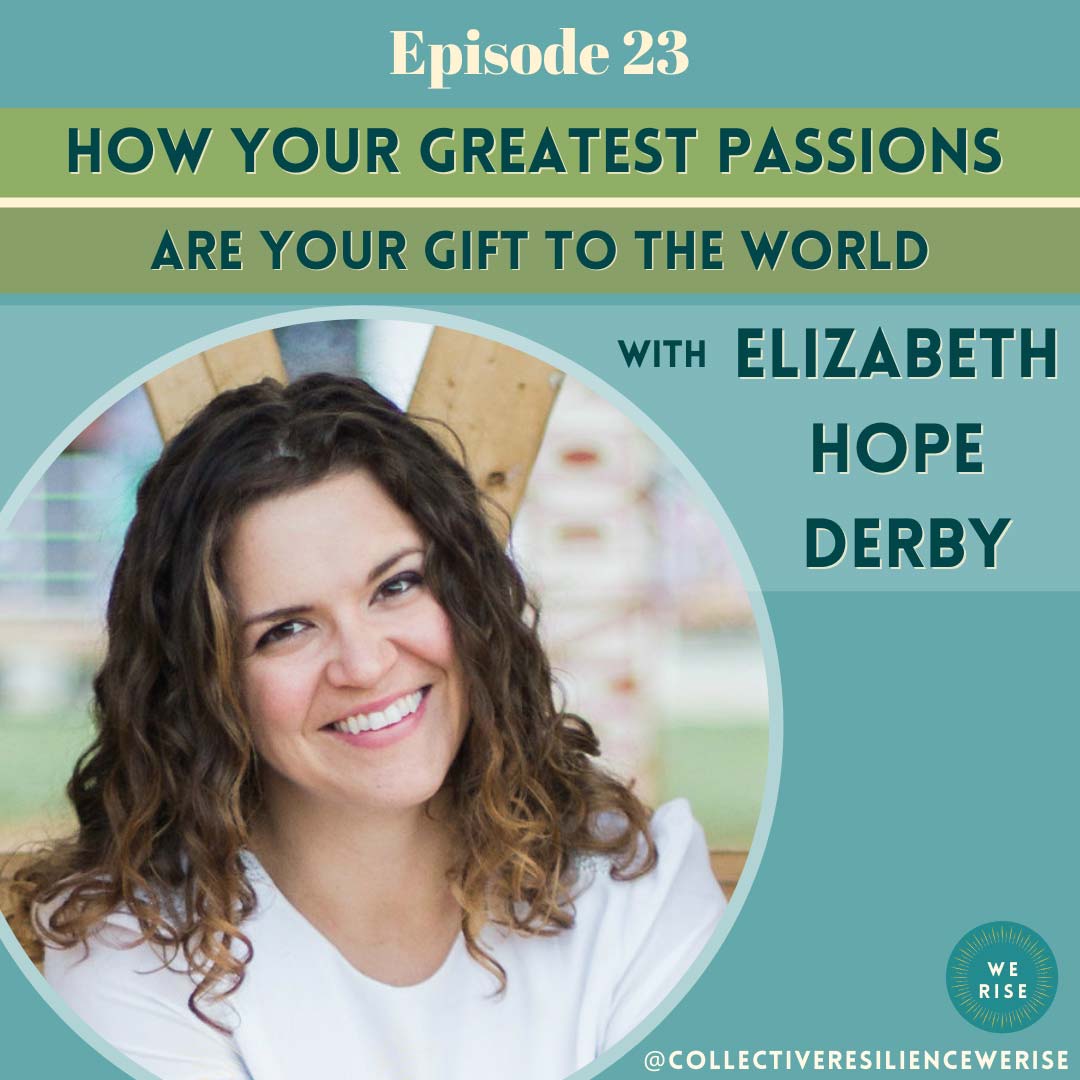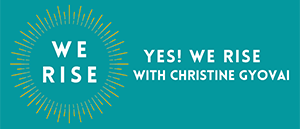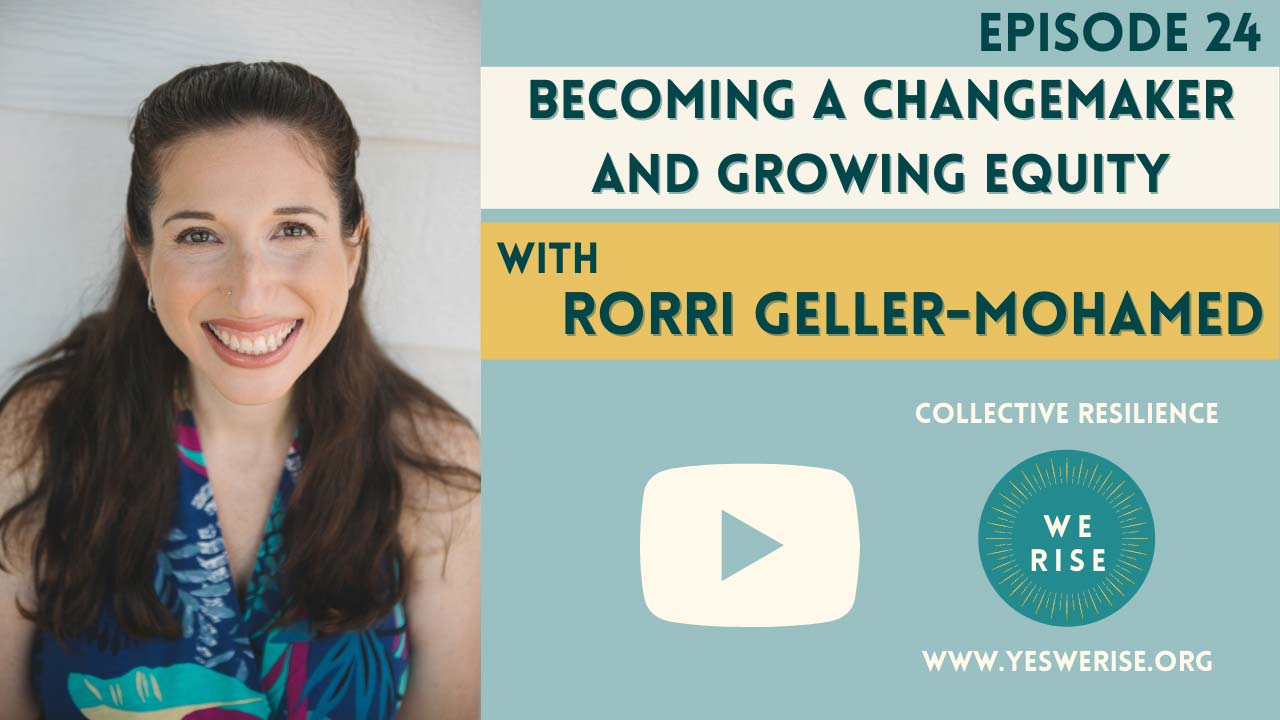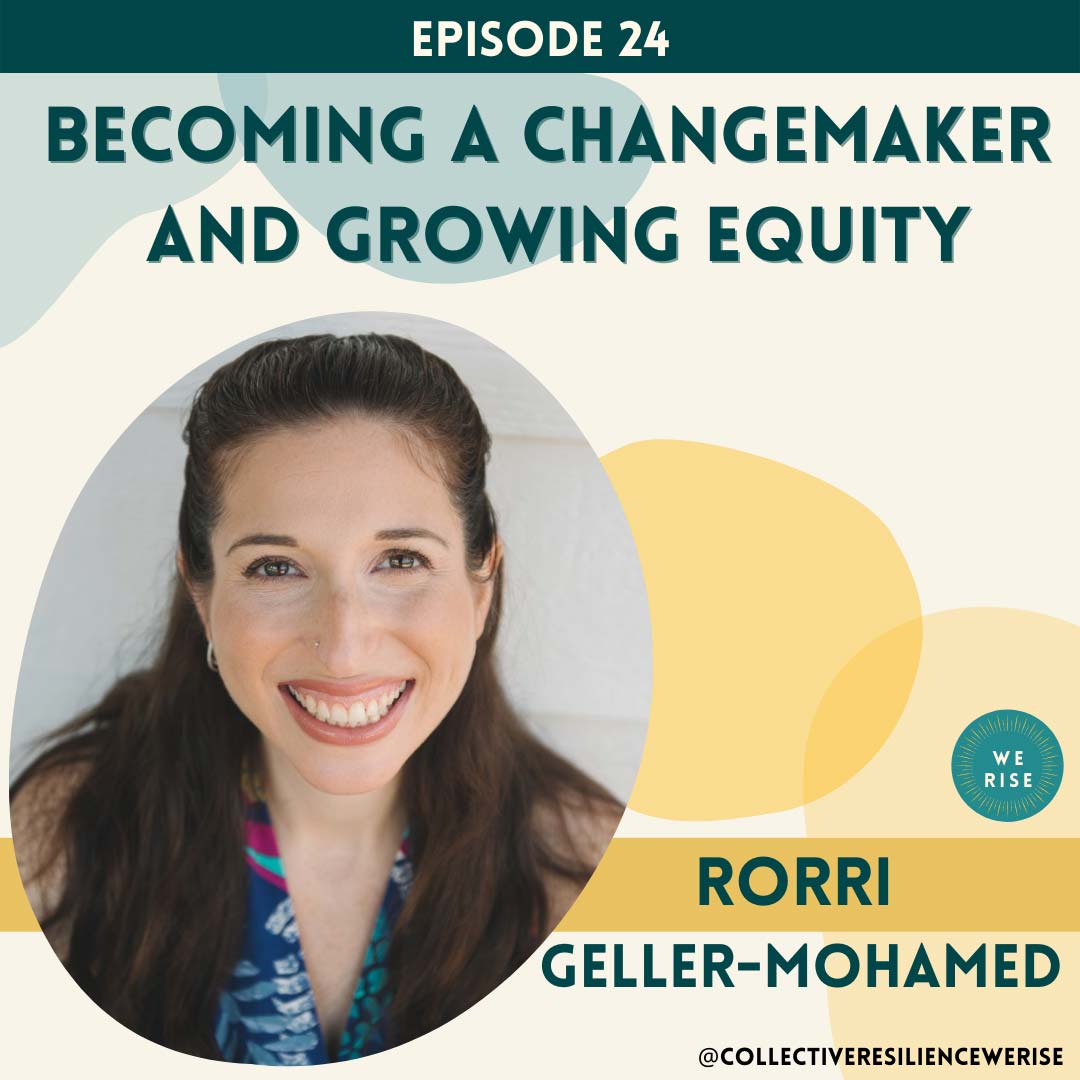
Episode 24:
Becoming a Changemaker and Growing Equity with Rorri Geller-Mohamed
Listen to the podcast on your favorite platform:
Apple Google Play Stitcher Spotify Amazon Music
Episode 24 Description
Rorri Geller-Mohamed is the founder of U Power Change, an organization focused on anti-racism and diversity, equity, and inclusion coaching and consulting. Through her program Changemakers, she helps women that identify as white to feel empowered and ready to engage in racial equity and justice work. Rorri also has a blog and podcast, Racially Responsible, focused on growing equity. Today, Rorri sits down with Christine to share her journey into the powerful work she does. Rorri breaks down what doing this work looks like and where to start. Learn how you too can become a catalyst for change in this episode of the We Rise Podcast. Welcome!
Download the show Notes
find this episode on youtube
Key takeaways
Becoming a force for change
Rorri’s background is Ashkenazi Jewish and she identifies as a white woman. She is in an interracial and interfaith (Muslim-Jewish) marriage, and is a mom raising two young kids in a multiracial, multicultural, and multifaith family. She was also raised in a multiracial household with siblings of color. Shaping her upbringing, her eyes were always open to inequity and racism in a way that most white people are not exposed to.
While in college, her formative years influenced her decision to pursue a career in social work, drawn to a multi-view approach that incorporated systemic, familial, and individual understanding.
Working in a variety of settings, Rorri did not hesitate to ask the hard questions, inquire about the lens being used in different circumstances, and ultimately be a catalyst for important conversations. Over time, this evolved into the profound work she does now!
It can be scary to stand up against inequality and ask the important, often challenging questions, especially when you feel fearful or alone. Rorri’s work empowers women, specifically those that are white, to become changemakers in their communities and social circles. Through safe spaces to process fears and feelings, education on anti-racism and leadership development, one-on-one support and group settings, women are equipped to be catalysts for change and allies for those who are marginalized.
Anti-racism work is for everyone
How does anti-racism work happen? Where do you start?
Rorri takes it back to the individual to look at what is going on in their life and where they are struggling in relation to anti-racism and equity work. Becoming an advocate for change requires learning skills and what questions to ask. It also means knowing what actions to take. Finally, Rorri reminds us that engaging in this work needs to be sustainable because it is a lifelong journey.
Anti-racism work is also not solely about people of color – it is for everyone. Even if it looks different, racism and inequality affects everyone. A devastating example Rorri gives of this is the role of white supremacy, particularly on young white males and school shootings.
It is key when engaging in this work to acknowledge the impact it has on you, even if you identify as white. By understanding in totality the harm racism causes, there is a deeper connection and personal investment to the pursuit of justice and equality.
There are some critical access points to helping move the needle. Rorri believes strongly that having a sense of belonging, creating space to express emotions, and looking at how trauma is addressed are all vital to anti-racism work.
She also invites folks to tap into their creativity when envisioning what they want for their communities and social circles, dreaming up fun ways to engage in conversations or unique actions that can be taken.
This work is lifelong and complex, AND it also brings Rorri a deep sense of joy because she is working with people who are using their lives to have an impact on the world.
Raising the next generation
It is commonly acknowledged that children are our future, and what they are taught and brought up understanding will directly inform our culture and society as they move into adulthood. Children are also highly curious and observant, so if we want to ensure the values of equity, anti-racism, and value are instilled in the youth, we also need to be modeling that behavior ourselves.
Rorri invites folks to take stock of what their actions and choices are teaching the children in their lives.
Some powerful questions you can ask yourself are:
-
- What shows do you watch?
- Is there diversity in your close social circles? If not, why?
- Do you have conversations around racism?
- Do you share your own growth and learning?
- Is there space for imperfection and learning from mistakes?
- Do you know advocacy skills?
Whether you have children in your life or not, doing this work is important AND hard, but you don’t have to do it alone. Create a community for you to work with others and have safe space to process what comes up for you.
The fact that you want to do the work is what matters. Step one is about having a desire to learn, grow, and cultivate change. You don’t need to have all the right answers, statistics, information, or skills from the start. Those come over time. What’s important is showing up and being brave enough to do the hard work!
notable quotes from RORRI GELLER-MOHAMED
“How do we decrease that feeling of isolation? Many of us, specifically as white women, don’t have a lot of other white women in our life that are also doing this work, that are having these conversations, that are navigating similar feelings together. And so this is a space to be able to process and do that work, where we’re not necessarily causing harm.”
“We are often more creative than we think and innovative than we think… So I think it’s looking at other examples to get ideas, but also just imagining in your own spaces. What kind of groups would you like to be part of? What type of thing would you like to do?”
“This piece of both belonging and finding spaces to belong is important, as well as pushing institutions to change to make space for belonging is something I feel is both important and needs to be done in tandem.”
“I like being part of groups that are doing work to make an impact in the world. It brings me joy. It brings me this sense of being part of making a difference.”
“We’re gonna mess up, pushing against the idea of perfectionism that I think many of us have, that we can’t get it wrong. Teaching our kids that it’s okay to mess up and what repairing and restoring that afterwards can look like.”
Links/resources mentioned
Stay connected to Rorri through her website: U Power Change or through email at Rorri@UPowerChange.com
Also be sure to tune into Rorri’s podcast: Racially Responsible.
Check out Embrace Race for some valuable youth resources!
For some reading take a look at: My Grandmother’s Hands: Racialized Trauma and the Pathway to Mending Our Hearts and Bodies.
The Yes! We Rise podcast is produced by Dialogue + Design Associates, Podcasting For Creatives, with music by Drishti Beats.
Follow Yes! We Rise on Facebook and Instagram.
Please rate, review, and subscribe to the podcast so we can continue spreading our message far and wide. Find our email list at the website: www.yeswerise.org.
Thanks for listening.
Don’t miss an episode — follow us on Spotify and subscribe via Apple Podcasts, Stitcher, Google Play, or Amazon Music and please leave us a review wherever you listen.
Jump to:
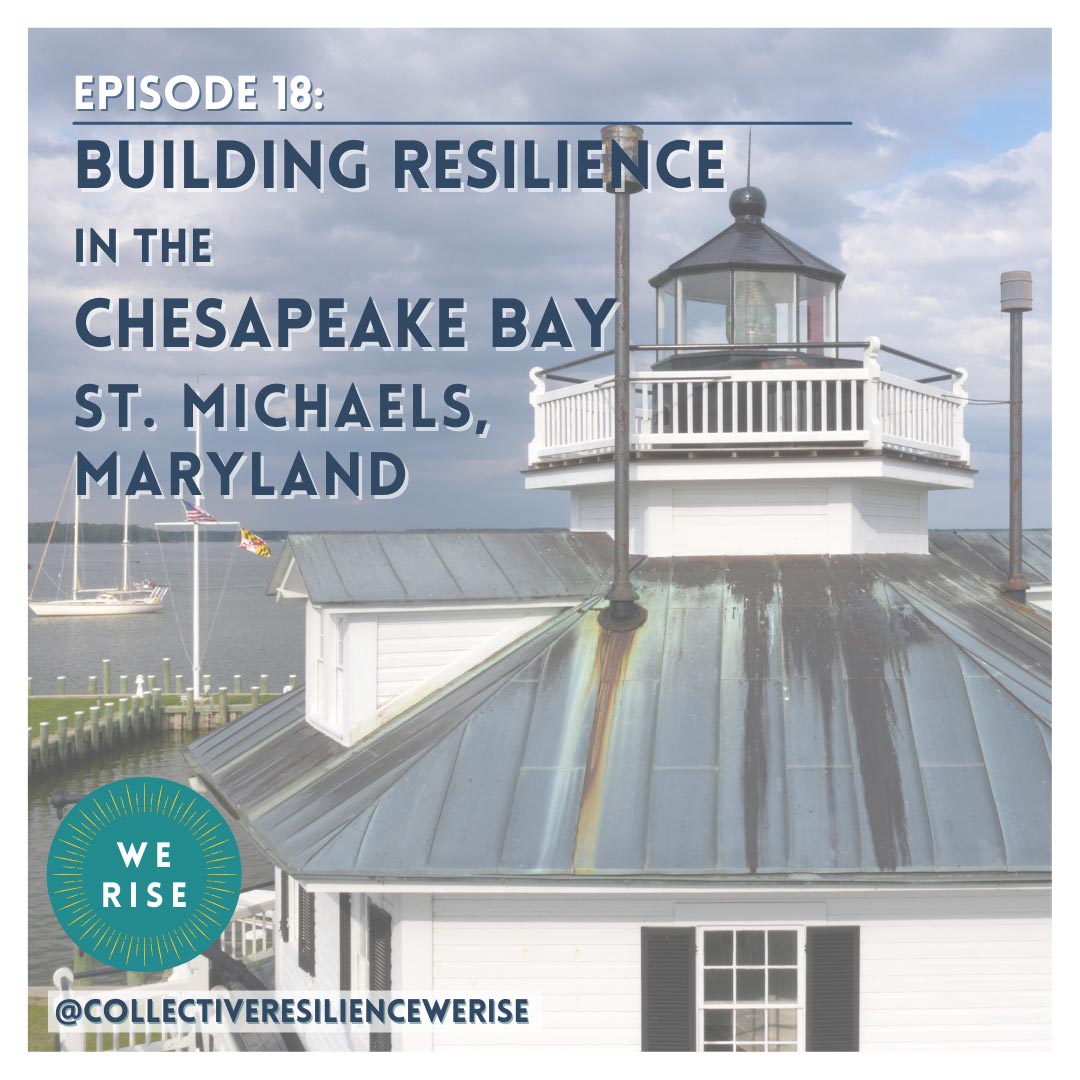
Episode 18
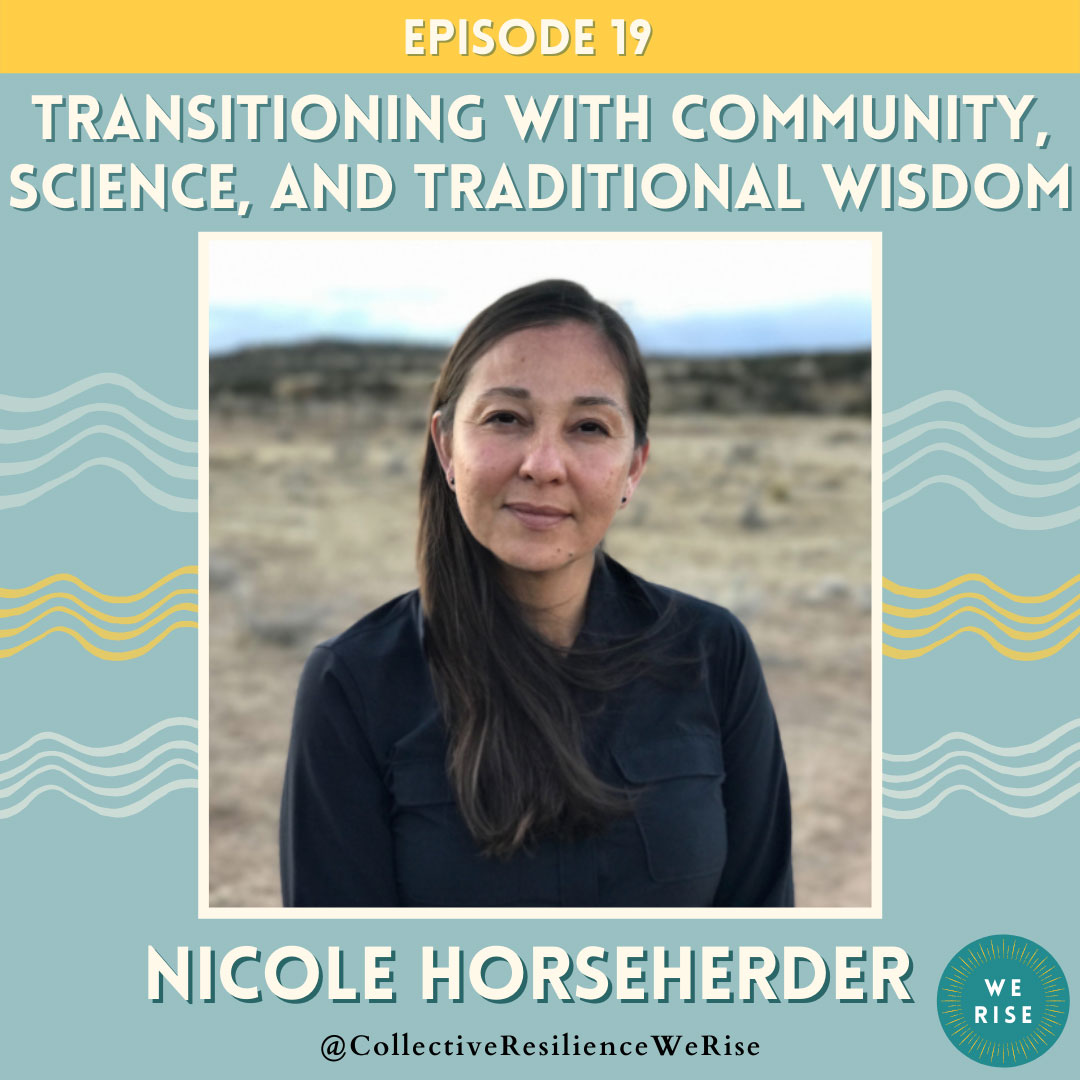
Episode 19
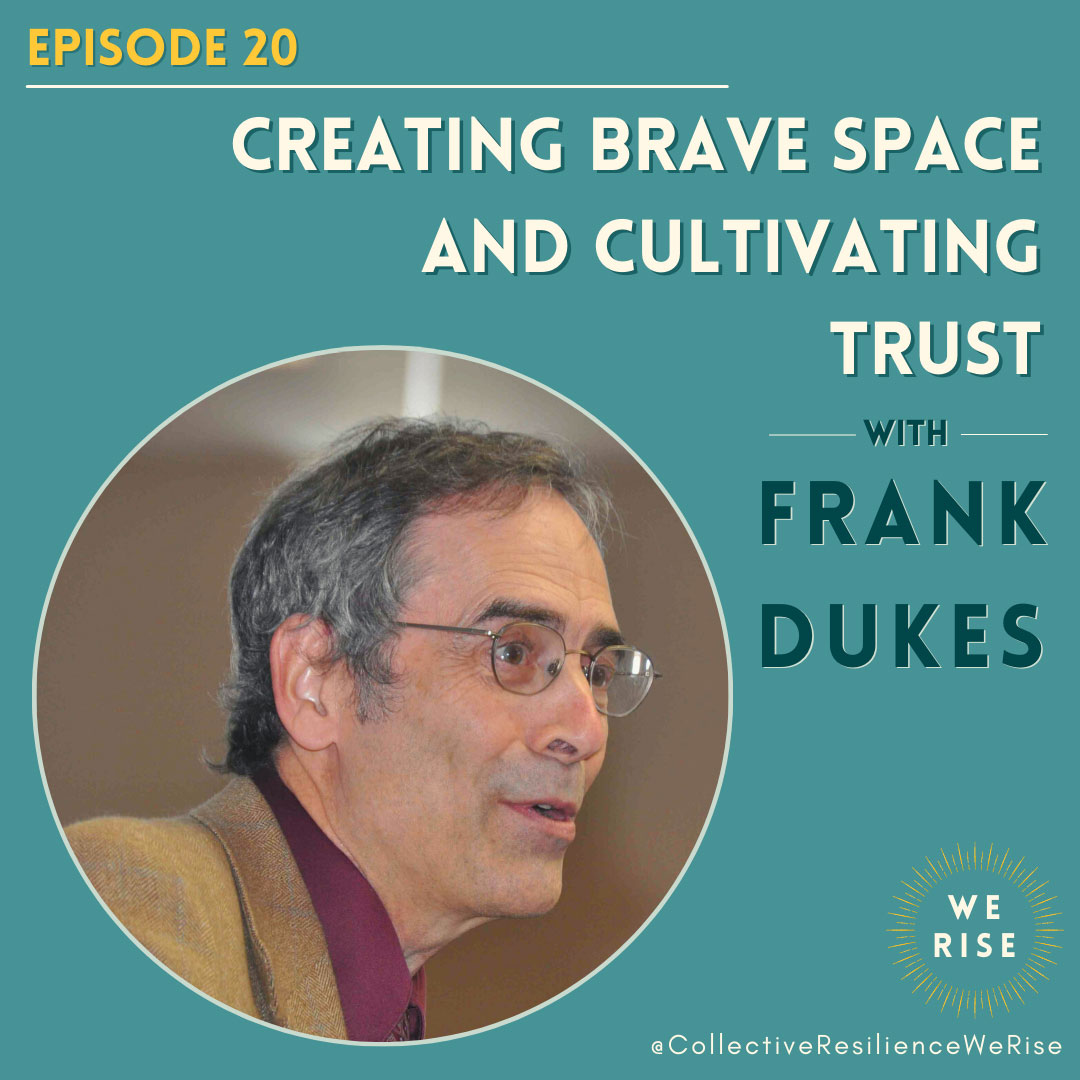
Episode 20
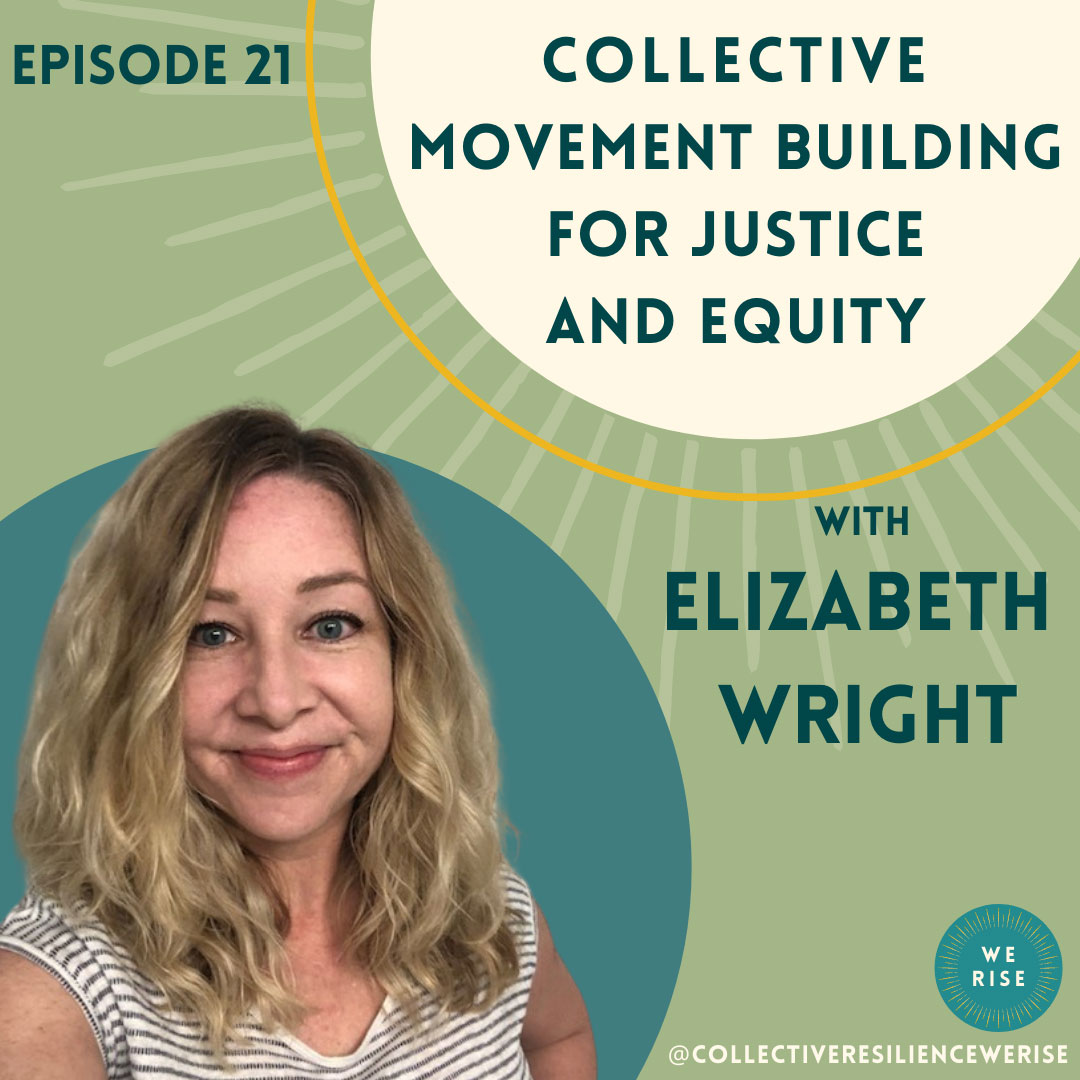
Episode 21
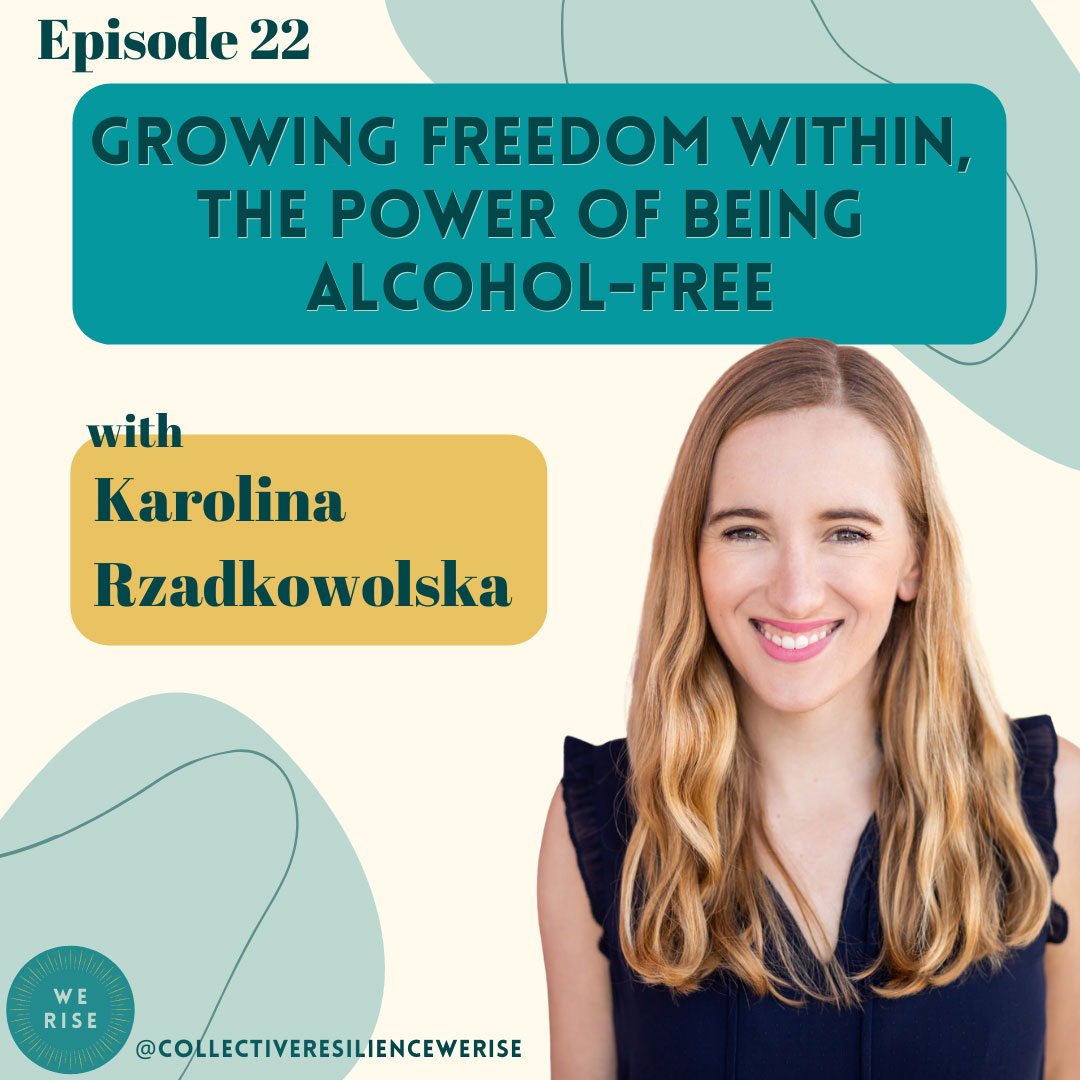
Episode 22
